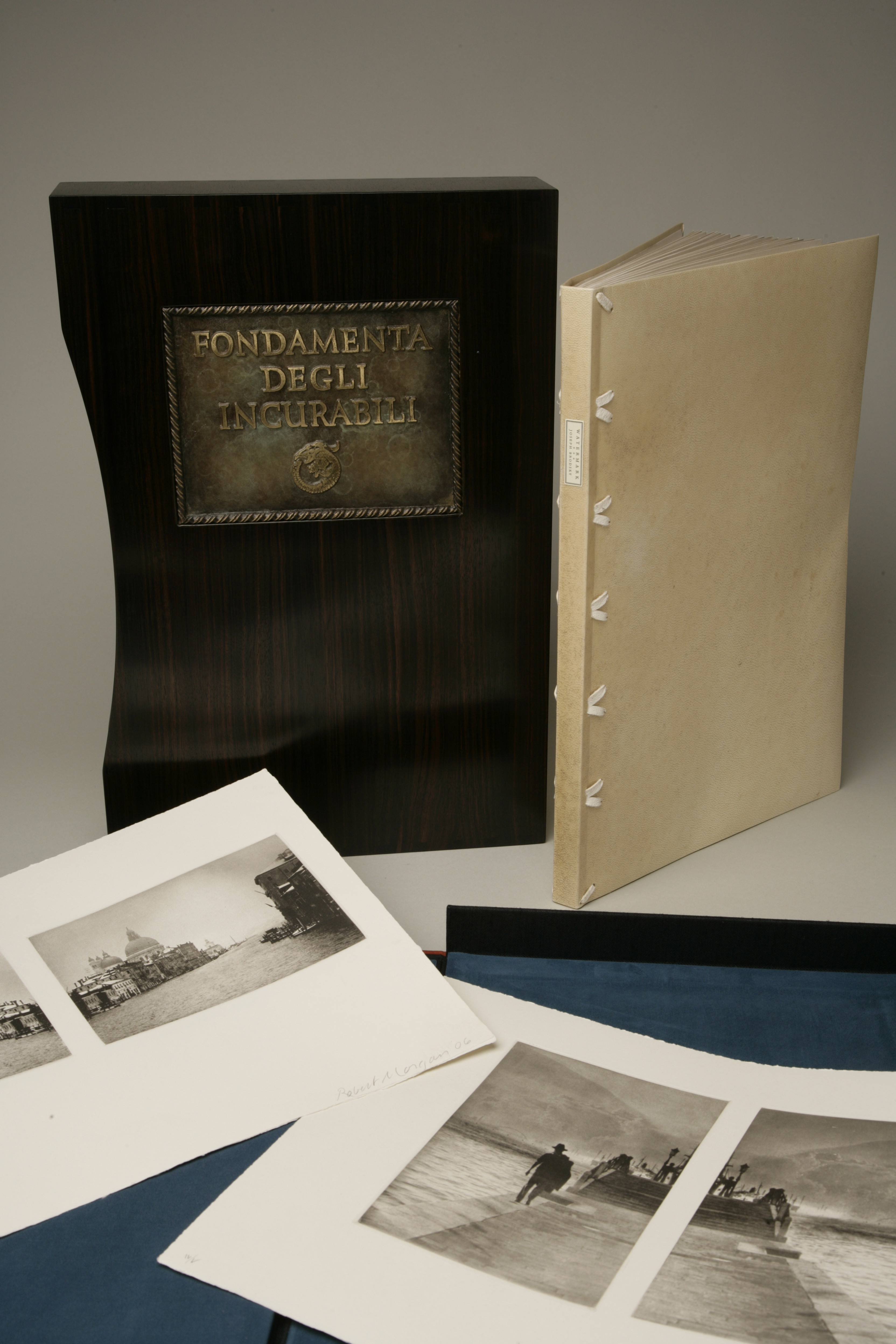It won’t be news to the readers of the Book Haven that the late Nobel poet Joseph Brodsky was a friend to Lithuania – I’ve written about it here and elsewhere. Now visitors to Stanford Libraries will have primary evidence of the affinity, thanks to the Ramūnas and Elė Katilius archive. I’m mightily chuffed to have had a role in bringing this treasure to Stanford – so yes, I’m bragging a bit. It’s been one of the best adventures I’ve ever had at the university that has been my off-and-on home for years – and I owe it all to Lithuanian poet Tomas Venclova. And we all owe thanks to Romas Katilius.
Here’s how my story begins:
At the end of August 1966, the young Russian poet Joseph Brodsky was in low spirits. He was having trouble readjusting to Leningrad life on his return from 18 months of exile doing hard labor near the Arctic Circle. Brodsky’s crime was “having a worldview damaging to the state” and “social parasitism . . . except for the writing of awful poems.” There were romantic troubles besides.
A colleague was worried, and kept in touch with him while traveling. One night he telephoned Brodsky from Lithuania, where he was staying with friends in Vilnius.

Peter Koch’s magnificent “Watermark” (Courtesy Peter Koch Printers)
“Let him come over here. We are all in a good mood here,” urged the Lithuanian host, Ramūnas Katilius. Brodsky arrived before noon the next day, and even held two readings at the apartment during his stay.
Thus began a lifelong friendship with the Katilius family and a long romance with Lithuania, a comparative refuge during the dying years of the Soviet empire. Eventually, Brodsky gained recognition as Russia’s greatest postwar poet and, in exile, a controversial titan on the New York literary scene who taught at several U.S. universities. He belonged to the world, becoming, in his words, “a Russian poet, an English essayist, and of course, an American citizen.” He won the Nobel Prize in Literature in 1987 and died at his desk at age 55 in 1996.
Read the rest here. Please.
Oh! Oh! Oh! Don’t forget to read about the Berkeley printer Peter Rutledge Koch‘s special edition of Watermark, also at the Libraries:
Venice has entranced poets through the centuries, perhaps none more so than Russian Nobel laureate Joseph Brodsky. “I always adhered to the idea that God is time, or at least that His spirit is,” Brodsky wrote. “I always thought that if the Spirit of God moved upon the face of the water, the water was bound to reflect it.” So it was that every New Year’s Eve, the poet tried to be near water, “to watch the emergence of a new helping, a new cupful of time from it.” He particularly tried to journey to Venice, a favored destination captured inWatermark, his book-length meditation on the city.
The rest is here.
Tags: "joseph brodsky", Peter Koch, Ramūnas Katilius, Tomas Venclova



September 4th, 2013 at 5:56 am
[…] more from Cynthia Haven at The Book Haven here. […]
September 5th, 2013 at 12:42 am
An amazing feat to achieve. Congrats Cynthia for bringing work of Joseph Brodsky to Stanford. His soul will definitely shower blessings to you.
September 5th, 2013 at 8:02 am
Thanks, Priyanka. My role was mostly liaison and cheerleader. It takes a whole team to make these things happen.